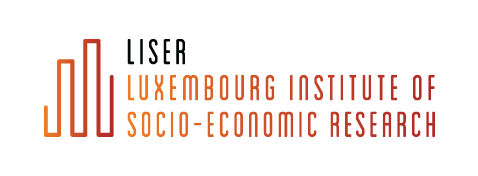Détails du projet
Description
Since its foundation, the European Union has been committed to reducing any restrictions on the free movements of people in Europe. As the EU furthers its integration, cross-border employment becomes more relevant in the geographical mobility of European citizens and today it represents an important component of the economy of several regions. Among the EU28 countries, Luxembourg is the first destination for cross-border workers who represent 45% of the national workforce.
The empirical literature on cross-border employment at the individual level is, however, scarce and mostly descriptive. The gap is also due to the scarcity of sufficiently rich datasets, which we can fill by using some unique data sources. Our analysis will focus on the causal link between labour market factors and the choice of becoming a cross-border worker. Natural experiments implemented in Europe will be the source of identification and multiple methods and datasets will be used in the three work packages (WPs).
WP1 will assess the impact of the Schengen agreement and the single currency on labour market outcomes of individuals living in the border regions of Europe. For this analysis, we will use the harmonized European Labour Force Survey of all European countries for the period 1985-2015. WP2 and WP3 will assess the effect of local labour market conditions on cross-border employment. In these WPs we will focus on the Belgian-Luxembourgish border to exploit the unique administrative data source of the Belgian Crossroads Bank for Social Security (CBSS). WP2 aims to understand whether the introduction of a Belgian hiring subsidy scheme targeted at low-educated young jobseekers affected their cross-border behaviour. WP3 will focus on the 2012 reform of the Belgian unemployment insurance and estimate its effects on the employment re-integration of Belgian resident insured unemployed living near the border with Luxembourg
| L'acronyme | CrossEUwork |
|---|---|
| statut | Fini |
| Les dates de début/date réelle | 1/09/18 → 31/05/22 |
Financement
- Luxembourg Institute of Socio-Economic Research LISER

- Fonds National de la Recherche
